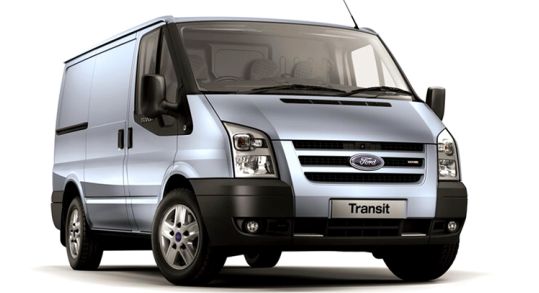timbo wrote:Won't argue with that, but how relevant is NASCAR experience for F1?
Very relevant. I'd even argue in some areas, NASCAR experience is more relevant to F1 than F1 experience is relevant to NASCAR.
There are some things that exist in F1 that don't exist in NASCAR, clearly. NASCAR does not use extensive microhydraulics and electronics to control an array of systems on the car, shifter etc. However, this is a well-defined field in mechanical engineering in general, and it's easy enough to bring on board a specialist in that field from any industry.
Likewise there's no EFI tuning in NASCAR. However, this is also a very well-defined field. There are many talented engineers with experience with it, both in pro motorsport and in the consumer market. In fact I'd feel pretty confident in saying many OEM ECUs are much more involved than the F1 SECU's and have much more test time in them. A friend of mine used to program and develop OEM ECU's. Incredbly involved.
Aerodynamic engineering and wind-tunnel testing is very critical to NASCAR. There are many dedicated specialists in this area. Additionally they're ALWAYS in traffic so disturbed fluid flow is par for the course. There is no where near the amount of actual airfoil development, but again this is a well-defined field with many domestic specialists and massive aerospace industry within the US. Furthermore there are non grip-limited NASCAR events (Daytona and Talladega being prime examples) where eliminating every ounce of aero and mechanical drag is essential to placing well. It is a big area of development and something they're very familiar with.
Exotic materials are nothing new. Massive development already exists state-side. At this point there are many college undergrads even, with direct experience in composite mechanics, powder metallurgy, rapid prototyping, etc. Even relatively small racecar manufacturers in the US use the same composite design software and layout/layup hardware as top F1 teams.
Limit tire/suspension engineering (race vehicle dynamics) is one very motorsport-specific area. This is the one place I'd bet many top NASCAR engineers are better than their F1 counterparts, or certainly equally as good. This is also the field I work in and am most familiar with. Sprint Cup cars are VERY dominated by mechanical and tire grip. It's a huge area of focus. Beyond that,
the vehicle dynamics involved are much more complex in American stock car racing than most road racing! To be really competitive at some road tracks, you have to be able to run a slightly asymmetric setup. This is what stock car engineers are masters at. For an oval track you have to be able to do all the "normal" vehicle dynamics engineering, plus account for asymmetric setups and constantly changing co-ordinate systems as the cars come up and down on the banking. Plus, all competitive teams already do extensive simulation, K&C testing, 7-post testing, etc.
Is it relevant? Damn right it is. F1 is
not it's own special little world. Nothing in F1 is magic. Are the budgets large? Sure. Are the cars very highly developed and extremely well built? Sure. Fundamentally though, it's 4-wheel racing.
Grip is a four letter word. All opinions are my own and not those of current or previous employers.







